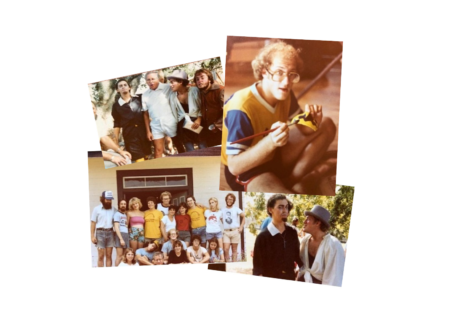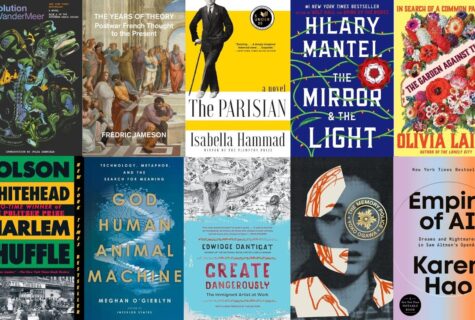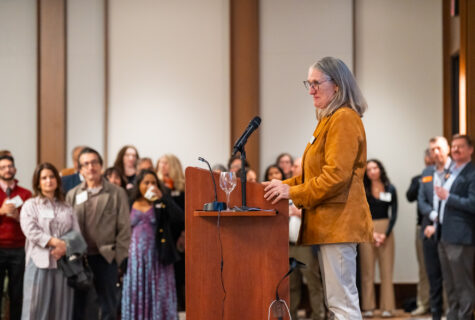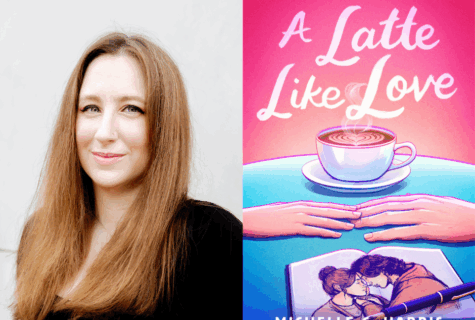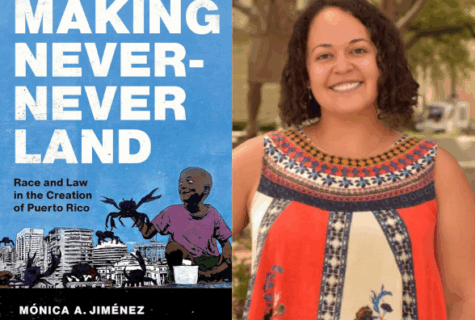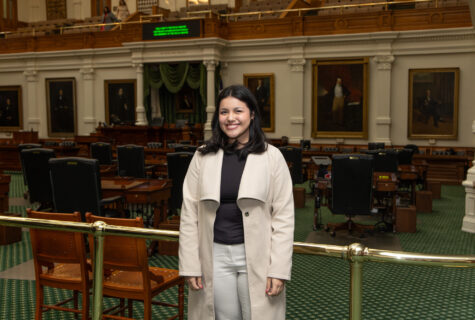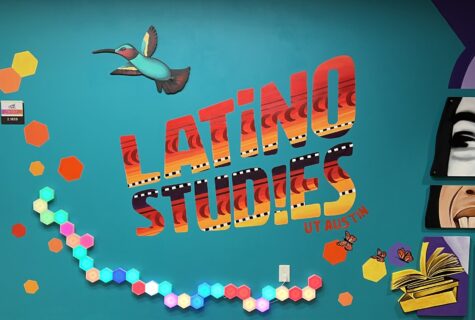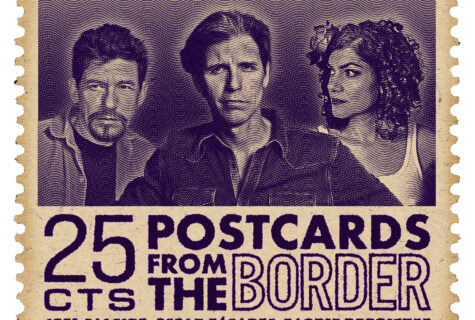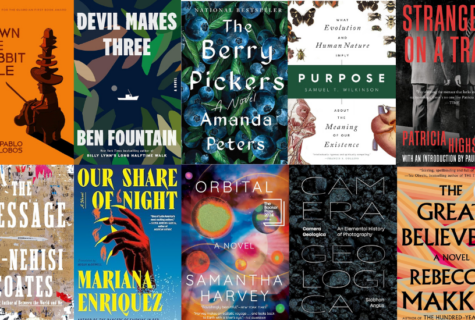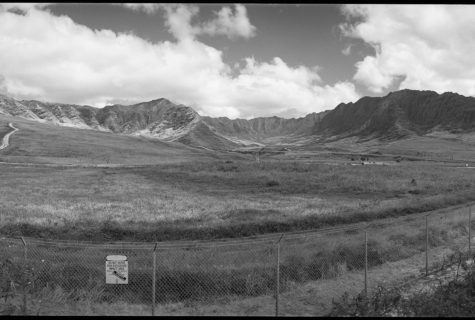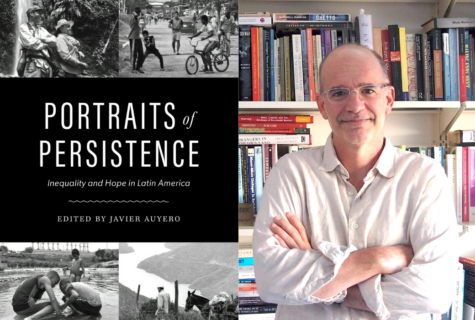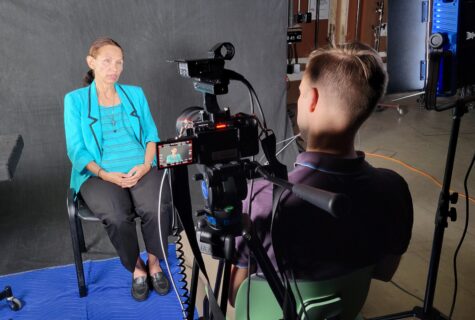Bruce Meyer wants the show to go on forever
2025: A Year in Books
Twelve faculty authors recommend reads for the new year
Plan II Celebrates 90 Years and Plans for 90 More
At the celebrated honors program’s recent anniversary celebration, there was a clear message: There’s more where this came from
More Than a Language
UT’s Yoruba studies program goes beyond grammar to connect students with Yoruba culture in West Africa and the diaspora
Writing Toward Clarity
Jennifer Chang on Plato, patriarchy, and her Pulitzer-finalist poetry collection
Reverse the Curse
Political scientist Delgerjargal Uvsh explores how resource-rich countries can turn crisis into change
Snorkeling for Solutions
The Great Barrier Reef May Term program combines natural wonder and policy studies
Making Time for Magic
COLA staff member Michelle Harris on writing her way to a second career as a novelist
Foreign in a Domestic Sense
Mónica Jiménez on Puerto Rico and “Making Never-Never Land”
Knocking on Doors
Montserrat Rocha got her internship at the Texas Capitol the old-fashioned way — and wants other students to follow her example
MALS Celebrates 10 Years with “Knowledge is Power”
The Department of Mexican American & Latina/o Studies invited two artists to commemorate its first decade with a custom mural, now open to the public
A Man Obsessed
Oscar Cásares brings the border to the stage
COLA’s Favorite Books of 2024
COLA faculty authors recommend 10 books to carry into the new year
1984 In Their Words
Seven 1984 alumni share about their time on the Forty Acres
1984 In Their Words: William “Bill” Shute
On how reading “King Lear” can lead to 38 years of marriage
1984 In Their Words: Karen Kaplan
How a linguist became a hospice chaplain
1984 In Their Words: Duff Stewart
Leave the place better than you found it
1984 In Their Words: Barbara Ganson
From studying the history of women aviators to joining their ranks as a pilot
1984 In Their Words: Linda Neavel Dickens
She started as a water polo referee at the UT Rec — and worked her way up to associate vice provost
Mākua’s Futures
Laurel Mei-Singh on the possibilities for life after militarism in Hawai’i
Lost in the Sauce
Ashanté Reese on the beautiful, the useful, and being on Team Too Much
Writing Portraits
Javier Auyero on his new book, “Portraits of Persistence: Inequality and Hope in Latin America”
Maggie Rivas-Rodriguez Has Some Questions For You
An experienced journalist turned university professor, Rivas-Rodriguez is leading CMAS through its largest oral history project yet
Poetry, Goats, Revolution
Oksana Lutsyshyna’s new novel explores a little-known Ukrainian protest movement and the weight of change
Politics of Religion, Religion of Politics
Three UT Austin scholars discuss the link between religion and politics, from Obeah in Trinidad to the religious right in the U.S.
